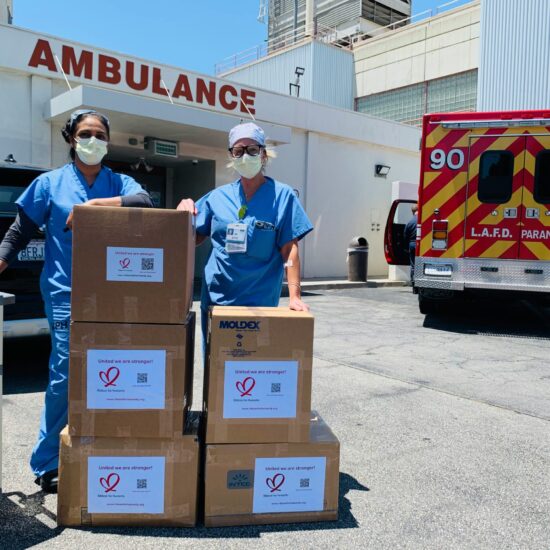
Back in the late 1970s I worked in an abortion clinic that was fire-bombed by an anti-choice zealot. I wasn’t scheduled to work that day. I arrived at the scene immediately after a co-worker telephoned me with the news.
Clinic staff stood together on the sidewalk watching the firefighters put out the blaze numb but determined we’d fight back. No one was killed. Staff acted swiftly to get everyone out of the building. Most of the injuries suffered were invisible.
We quickly moved clinic operations to a location about 30 miles away. This was inconvenient and disruptive to the staff and people we served. There was limited complaining and a lot of collective action to make this work. Women counted on us.
Since then there has been an organized campaign by anti-choice extremists resulting in physicians and clinic workers being murdered; more abortion clinics bombed, burned down, invaded, and blockaded; and patients persistently being harassed and intimidated.
Ever wonder how the people who work in abortion clinics in our country are dealing with the violence and threat of violence in their lives on a day-to-day basis?
Tara Murtha published a post in PhillyNow earlier this month reporting on a new study on the impact of violence on abortion clinic workers by David S. Cohen, associate professor of law at Drexel University’s Earle Mack School of Law, and Krysten Connon, a 2012 Drexel Law graduate.
Their study interviewed 85 providers in 33 states investigating the health impact on abortion clinic workers working under a constant threat of violence.
They reported a range of the emotional toll it’s taken on their lives – from living with fear and anxiety to determination to numbness.
Some clinic workers expressed strong reservations to being interviewed, even with assurances of confidentiality. They feared not only for their own safety for the safety of their families.
Ms. Murtha frames a critical question in her interview with the researchers on the media’s role in reporting on these acts of violence against clinic workers:
” The media and the public need to distinguish between a sidewalk protester practicing their First Amendment rights and people using these targeted harassment techniques to threaten and intimidate providers in an effort to bully them out of work. “These acts should be branded by the law, by the public, as terrorism,” said Cohen, pointing out that such activities fit the federal definition of terrorism.”
David Cohen’s response offers a critical response by calling them what they are – acts of terrorism.









